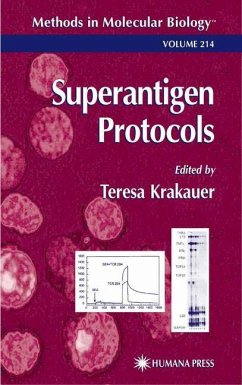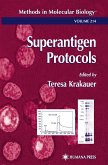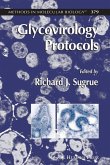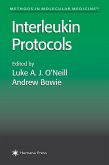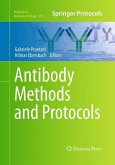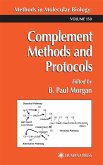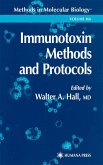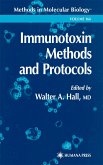Superantigens, a class of proteins produced by bacteria and microbes, cause diseases ranging from food poisoning to toxic shock, but can also be used to understand these pathologies and devise therapeutic agents to combat them. In Superantigen Protocols, leading researchers in the biological, chemical, and physical investigation of superantigens describe in step-by-step detail their best experimental techniques to assess the physical characteristics and biological effects of these potent activators of the immune system. The protocols range from those for investigating the interactions of superantigens with cellular receptors to those for the analysis of their immunological and biological effects, including methods for using BIOcore to determine binding kinetics and establishing various lymphocyte cell culture systems. There are also accounts of such methods as the RNase protection assay, cytokine ELISA, FACS analysis, and cytokine production at the single cell level. Additional techniques for the discovery of new activators of the immune system, the development of new therapeutics for the suppression of superantigen-induced effects, and the treatment of inflammatory diseases are detailed.
Comprehensive and cutting-edge, Superantigen Protocols provides a broad range of novel immunological and biochemical techniques that can be successfully applied not only to the structural, functional, and clinical properties of superantigens, but also to the many varieties of such proteins and to new cellular systems.
Comprehensive and cutting-edge, Superantigen Protocols provides a broad range of novel immunological and biochemical techniques that can be successfully applied not only to the structural, functional, and clinical properties of superantigens, but also to the many varieties of such proteins and to new cellular systems.
"...sufficient experimental detail is provided so as to allow experienced investigators to use the described techniques. A suitable bibliography accompanies each chapter. Beyond their involvement in human pathology, the molecular mechanism of action of this class of molecules (binding both to antigen presenting cells and T-lymphocytes) may provide useful clues regarding human immune responses. Accordingly, this book is a timely and relevant contribution...Each of the protocols is adequately described and contains sufficient references to allow an investigator to refer to original sources. The different aspects of superantigen biology are covered as are effects on animals. " -Doody's Health Sciences Book Review Journal
"I found this book an excellent resource that would be extremely valuable in setting up methods to assess bacterial superantigens." -Pharmaceutical Research
"...a must for the superantigen laboratory shelves and recommended to those interested in applying some of the interesting and powerful techniques to their own research." - Immunology and Cell Biology
"I found this book an excellent resource that would be extremely valuable in setting up methods to assess bacterial superantigens." -Pharmaceutical Research
"...a must for the superantigen laboratory shelves and recommended to those interested in applying some of the interesting and powerful techniques to their own research." - Immunology and Cell Biology

